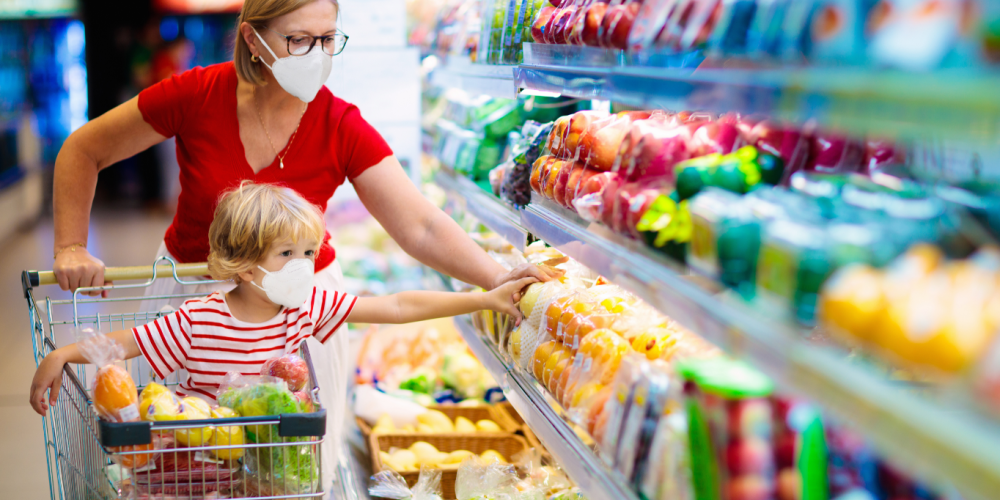
These days, shopping for groceries can feel like a real test of your nerves. But online shopping can be just as tricky, says consumer behaviour expert Malaika Brengman. “Because of this crisis, we might feel tempted to treat ourselves a little more than usual. Don’t give in to that temptation too much.”
Marketing and consumer behaviour professor Malaika Brengman teaches at the Social Sciences faculty and the Solvay Business School. Her research focuses on shopping behaviour and buying motives, both online and in physical stores. Below are her recommendations to survive the lockdown period without incurring a financial hangover.
Malaika Brengman’s five tips:
1. Plan your groceries
Write a grocery list so you don’t forget anything and try not to put any extras you don’t need in your cart. Compensating for negative feelings like stress by buying all sorts of snacks and sweets will make you feel good in the moment. But this will quickly lead to guilt feelings, which can produce an addictive vicious circle.
2. Think about when you want to go the store
Mornings aren’t ideal since that’s when everyone appears to want to go the supermarket these days, resulting in long, stress-inducing queues. It’s better to shop around lunchtime when stores are often quieter. You can also use the “Shop Safe” app to get real-time information on how busy your local store is. There’s also the covid-solidarity.org website, which allows you to get groceries for someone else or to have someone else do your shopping for you.
3. Check prices
The crisis is also having financial repercussions for many of us. It’s why it’s a good idea to start paying more attention to prices and particularly to unit prices per kilo or litre. Family-size packages aren’t always less expensive. Also pay special attention to products lower down the shelves as they are often considerably cheaper. And don’t be afraid to try out supermarket and generic brands.
4. Buy locally
Shop locally if you want local small businesses to still be around after this is all over. Or explore the farm-to-table offer in your area and buy directly from a local farmer. Also try to buy locally when you shop online. It’s in our interest after all that local retailers survive this crisis. You can find an overview of online Belgian stores on the website webshopsvanbijons.be (in Dutch).
5. Watch out for shopping addiction
It’s OK to shop online every now and then to lift your spirits. But make sure this doesn’t get out of hand. Shopping can’t become a coping strategy to deal with coronavirus stress. You could develop a real shopping addiction with all the attendant harmful consequences. Get help if you’re no longer able to resist the urge to buy things.
How well have you heeded your own advice?
“I’ve been lucky to have family and friends shop for groceries for me. When it comes to online shopping, I have to say that the piles of extra clothes in my study – which I’ve now had to tidy up – were a bit of a wake-up. It was a signal that I maybe should dial it back a little, which I’ve managed to do pretty well. I’m nevertheless already looking forward to hitting shopping streets once stores are open again.”